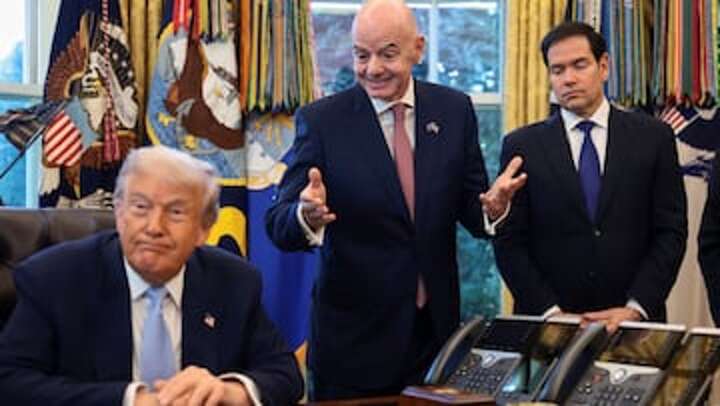The road to the 2026 World Cup is already hitting a political curve. Iran announced it will not attend the group stage draw in Washington, D.C., on December 5 after the U.S. government denied visas to several members of its delegation.

“We have informed FIFA that these decisions have nothing to do with sport, and Iranian officials will not participate in the World Cup draw,” a federation spokesperson told state television. The U.S. refused to grant visas to several members of the delegation, the federation said.
A political move, not a sporting one
According to Iranian media, U.S. authorities blocked visas for several federation members, including president Mehdi Taj. “We told FIFA president Gianni Infantino that this is a purely political stance and that FIFA should ask the U.S. to stop this behavior,” Taj said. While some delegates did receive permission to enter the U.S., Iran ultimately decided the delegation would not attend.
Could Haiti face the same problem?
Tensions between the White House and Tehran have deep roots. In June, President Donald Trump implemented a visa ban covering 12 countries: Afghanistan, Myanmar, Chad, the Republic of Congo, Equatorial Guinea, Eritrea, Haiti, Iran, Libya, Somalia, Sudan, and Yemen.
This means Haiti could face similar obstacles. The Caribbean nation qualified for the World Cup on merit through the CONCACAF region. The tournament will take place across the U.S., Mexico, and Canada from June 11 to July 18, 2026. What should be a celebration of soccer is already shaping up to be a politically charged start to the global event.
